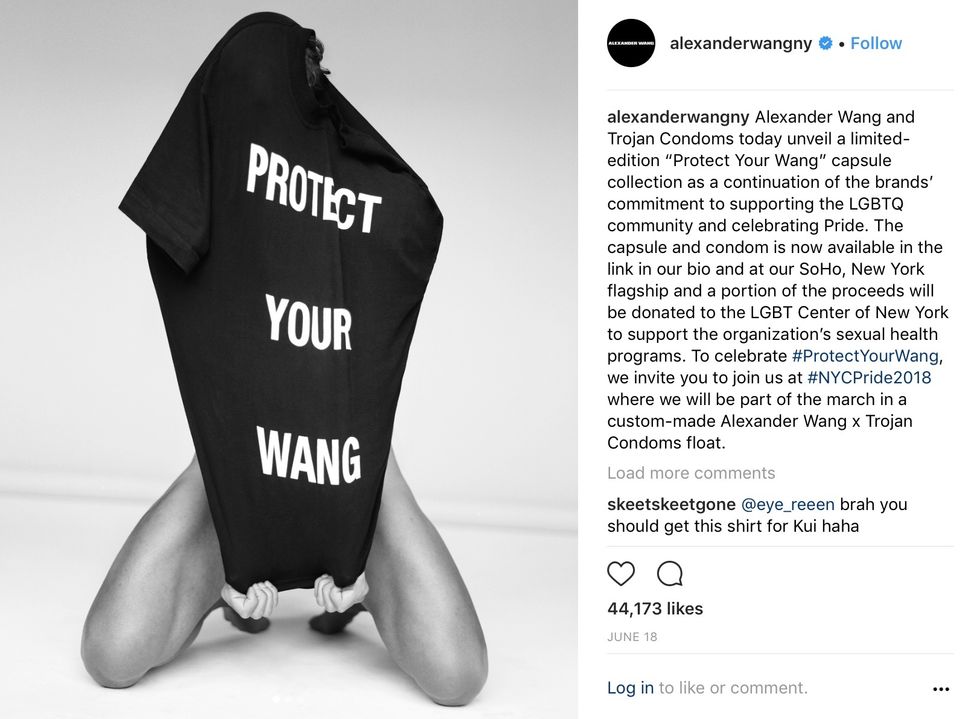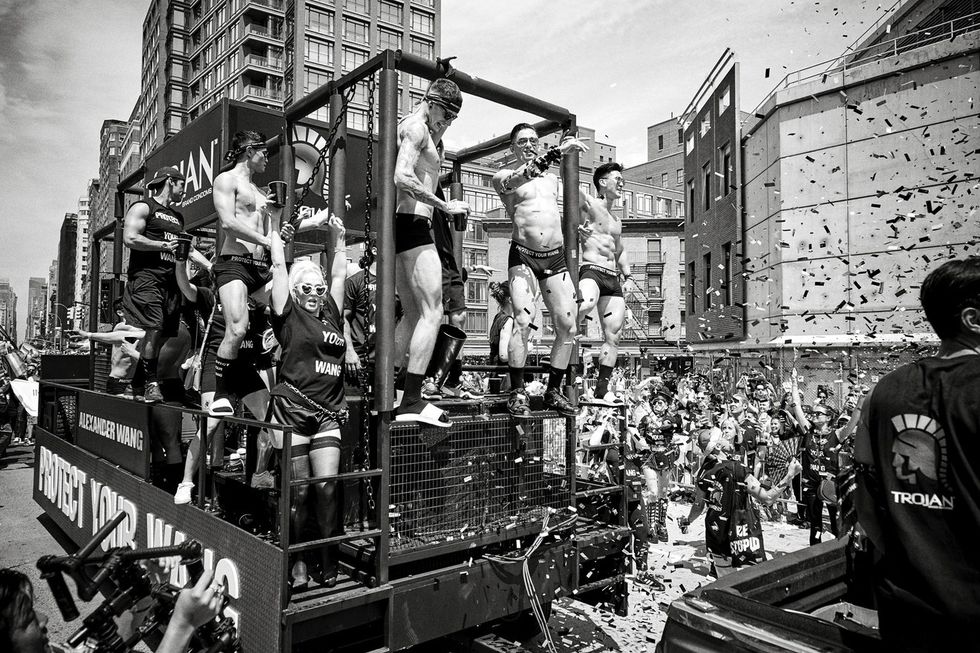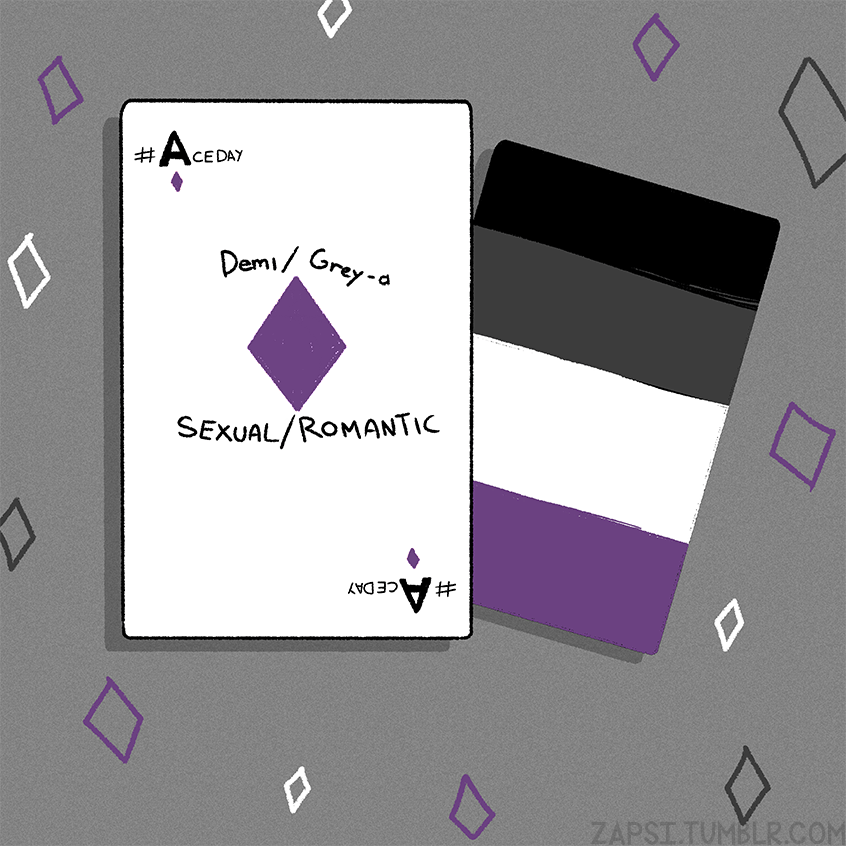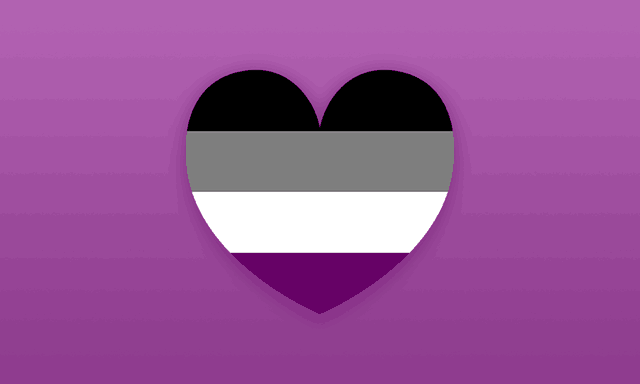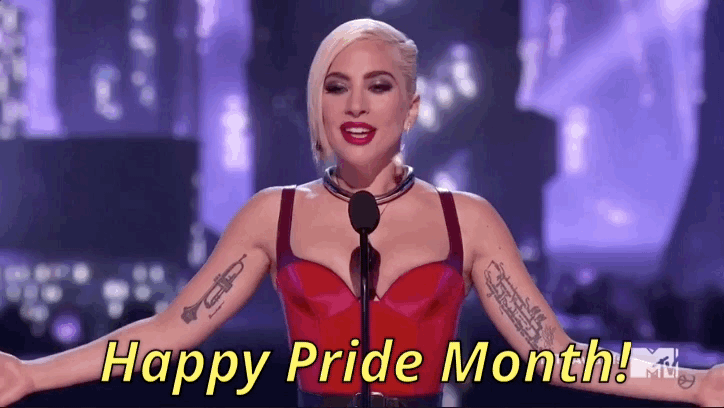If You Don't Care About LGBTQ Issues, Don't Come to Pride
If you're not going to act to protect the rights of LGBTQ people, don't bother using our events for your entertainment.
Last weekend, I experienced my first weekend without the stress of exams weighing me down, and I took the opportunity last Saturday to visit Orlando's Come Out With Pride event at Lake Eola with friends. Having been to the event for three times now, I can now say that I can expect to some degree the things I will see and the people I'll encounter, but I am still consistently shocked by the things I don't expect.
It seems obvious, but one thing that consistently takes me back every year is - get ready - how openly gay most people are. It sounds completely foolish and also a given since Pride is literally a celebration for non-straight, non-cisgender people. That being said, I recently realized that the reason I am surprised by the sheer gayness I am surrounded with at Pride stems from my own inability to exhibit pride in who I am as much as I wish I could.
When I'm on campus at my university, I have a great support system with many friends who I can be open to about my sexuality. Since they are my close friends, and also since some of them are non-cis and/or non-straight, I feel freer to express myself than I do when I'm back at home 4 hours away, where I am still in the closet to my parents.
I am privileged in that I know my parents would not disown me if they found out, but having to declare yourself as a nonconforming individual who is at a higher risk for violence and discrimination is still an uncomfortable situation to be placed in. I fear that I will be treated differently for deviating from what is expected of me, and that fear is most pronounced with the people I love.
On the same token, I also fear retribution from people who hold institutional power over me, including but not limited to: hiring managers who would think twice about hiring me on the basis that my sexuality indicates my job performance capability, or would incur some functional cost on that business since I am "the minority" in the eyes of the law; politicians who view my concerns as superficial and the preservation of my rights as unimportant; medical professionals who can disregard my choices in favor of their preferences and ignore the ailments I am at risk for; and countless others that I am at the mercy of.
In a nutshell, being completely "out" is a luxury I cannot afford. It is a fact of life for me, and for many other people, that I cannot be as openly authentic as I wish I could be. Almost every day I am confronted with the choice to expose my authentic self or to err on the side of extreme caution, and I usually go with the latter option out of fear. Pride remains shocking to me every time I go because I rarely have the opportunity to be uninhibited about being bisexual in public with strangers.
As I've become more accepting of my own position within the LGBTQ community, I've also become hypersensitive in reconciling this part of myself with the rest of society. The increasing acceptance of LGBTQ people has been aided a lot with the efforts of influential celebrities who use their platforms to uplift us on our behalf, increasing representation in the media, and a general shift in the national dialogue on expanding rights for nonconforming people. But this shift did not come without violent conflicts from the past or the sacrifices of many others who came before me. Marsha P. Johnson, arguably the most prominent figure in the Stonewall Riots of 1969, was found floating in the Hudson River in New York City and is believed by many to have been murdered for being queer and nonbinary.
The AIDS crisis was not acknowledged by President Reagan until 1985 when over 5,000 Americans (disproportionately comprised of gay men) had already died and 500,000 people had been infected. Harvey Milk, the first elected politician in California to be openly-gay, was shot and killed in 1978 by a rival politician with a history of homophobia. Until 2010, servicemen and women in the U.S. military - people who potentially put their lives on the line for the sake of this country - were forced to hide their sexuality from their peers, and the military was still able to discriminate against LGBTQ service-members until 2015.
Despite all the progress since then - including the Supreme Court decision on Obergefell v. Hodges, the backlash against North Carolina's transphobic bathroom bill, and the election of Danica Roem, the first openly transgender politician elected to a state legislature - there are still people in power who want to deny us our rights. The Trump administration has placed a ban on transgender military recruits that has undergone a contentious battle in the courts, the Vice President of the United States has actively endorsed electroshock conversion therapy (a widely-discredited and extremely harmful psychological "treatment"), and so far, 2018 has seen 21 deaths for trans women of color, who experience a disproportionate rate of hate-linked murders.
During my first experience at Pride in 2016, I cannot recall having seen a Make America Great Again hat once. This year was my first time seeing a group of people wearing MAGA hats. They were not acting as part of a mob standing at the side of the street as protesters but as active participants in the festivities where they stood near me, watching a parade. Whether they were trolls trying to incite reactions from others or just boldly announcing their contrary political views with the LGBTQ rights movement, the message is clear - they were there at Pride to revel and gawk, at best.
The same goes for safe spaces during every other day of the year; the increased popularity of RuPaul's Drag Race and other television shows that place the queer community at the forefront have also resulted in the increased popularity of gay clubs and bars. Bachelorette parties have been known to come to these venues and enjoy the shows and atmosphere provided by queer people for similar reasons - the unusual atmosphere and the counterculture of drag is fun, but for people who cannot empathize or do not know the history of the struggle for gay rights, it becomes another thing to gawk at, to find entertainment in.
Coming to Pride and reaping the benefits of what Pride represents, only to consume gay culture for sheer merriment, is to stand completely ignorant of the issues, conflicts, and history that the LGBTQ community has endured or is enduring right now. Pride is not a party - it is political. It is one thing to come to Pride to have fun, but it is another to stand aloof when people's rights are being violated or at risk. The gay community is not a reality show, a great party, or a Broadway production - they are people. Why not treat them as such?



 Alex Wheeler
Alex Wheeler
